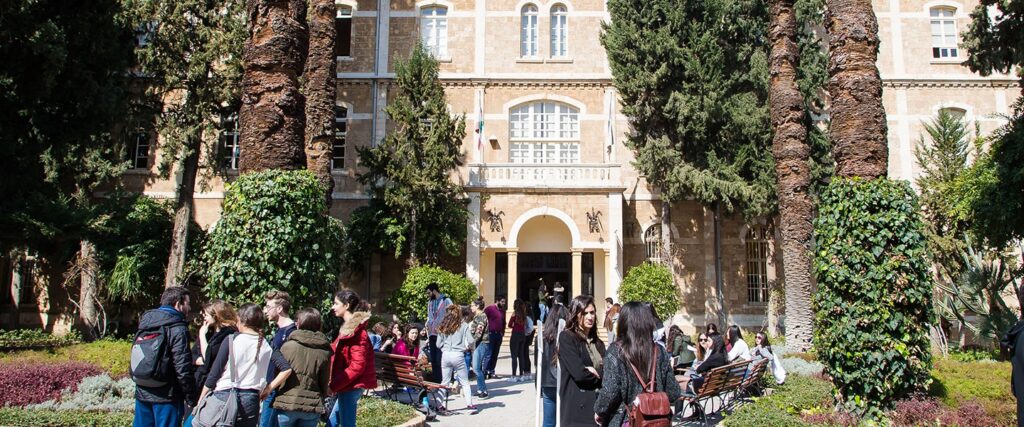Supporting Decentralization in Libya
Libya is currently witnessing an increased escalation in fighting as General Haftar commanded of the so-called Libyan National Army is trying to take control of Tripoli from the internationally recognized Government of National Accord. Our Principal Alexander Kjaerum weighted in on the developments for Danish Radio P1 Orientering discussing the prospects and role of foreign powers and UN.
One option in focus by the international community is further decentralization of power, enhancing power at the municipal level to generate trust in public governance institutions. In 2012, Law no. 59 ‘Concerning the Local Administration System’ laid the foundation for decentralization determining the relationship between local and national level institutions. The implementation of this law has however not been very successful so far as there is still a lack of clarify on roles and responsibilities of different government actors, gap between the law and the actual governance system, as well as external constraints such as insecurity and limited funding. Voluntas has been hired to carry out a political economy analysis to assess the challenges, risks, limitations, and opportunities of decentralization programming. To this end, Voluntas designed an analytical framework to investigate the dynamics of power, economic and social forces influencing development, and how prospective interventions may interact with these dynamics. Our Head of Tunis Office, traveled to Libya and conducted +15 interviews and 3 FGDs with mayors, political leaders, civil society, expert and representatives from international organization. Furthermore more than 30 reports and publications on decentralization, Libya, and local governance were reviewed to identify trends and knowledge gaps Based on the data collected and desk-review of other material, we provided the client with a report laying out pathways for reform and programming despite the contextual challenges.
Related Insights
Meaningful collaboration with TATA Institute of Social Sciences, Mumbai
On 10th January 2023 Voluntās and the Center for Applied Meaningfulness took a giant stride towards establishing meaningful academic collaborations in India when signing a Memorandum of Understanding (MoU) with Tata Institute of Social Sciences – Asia’s oldest school for professional social work.
Bridging Academia and Meaningfulness in the MENA region
On September 15th, 2022, Voluntas and the Arab Master’s program in Democracy and Human Rights, “Global Campus – Arab World” signed a Memorandum of Understanding (MoU), laying the foundation for a new era of cross-sector collaboration in the MENA region.
The world’s most human university with meaningfulness on the curriculum list
Esbjerg wants to create the world’s most human university with a central focus on education, human development and a high degree of belonging.
Voluntas and the star architect company Bjarke Ingels group are supporting the project.
Based on Morten Albæks philosophy of a meaningful life, the students must embark on an educational journey based on becoming self-realized people who master their encounters with life’s coincidences, opportunities, and challenges.


